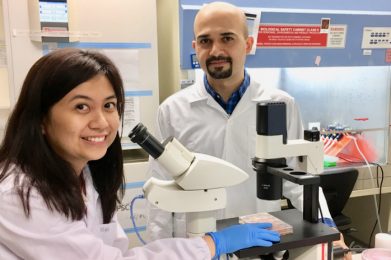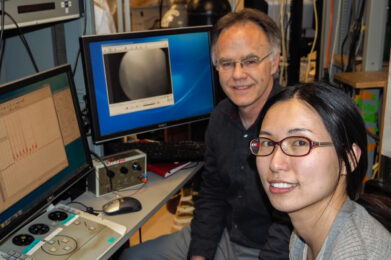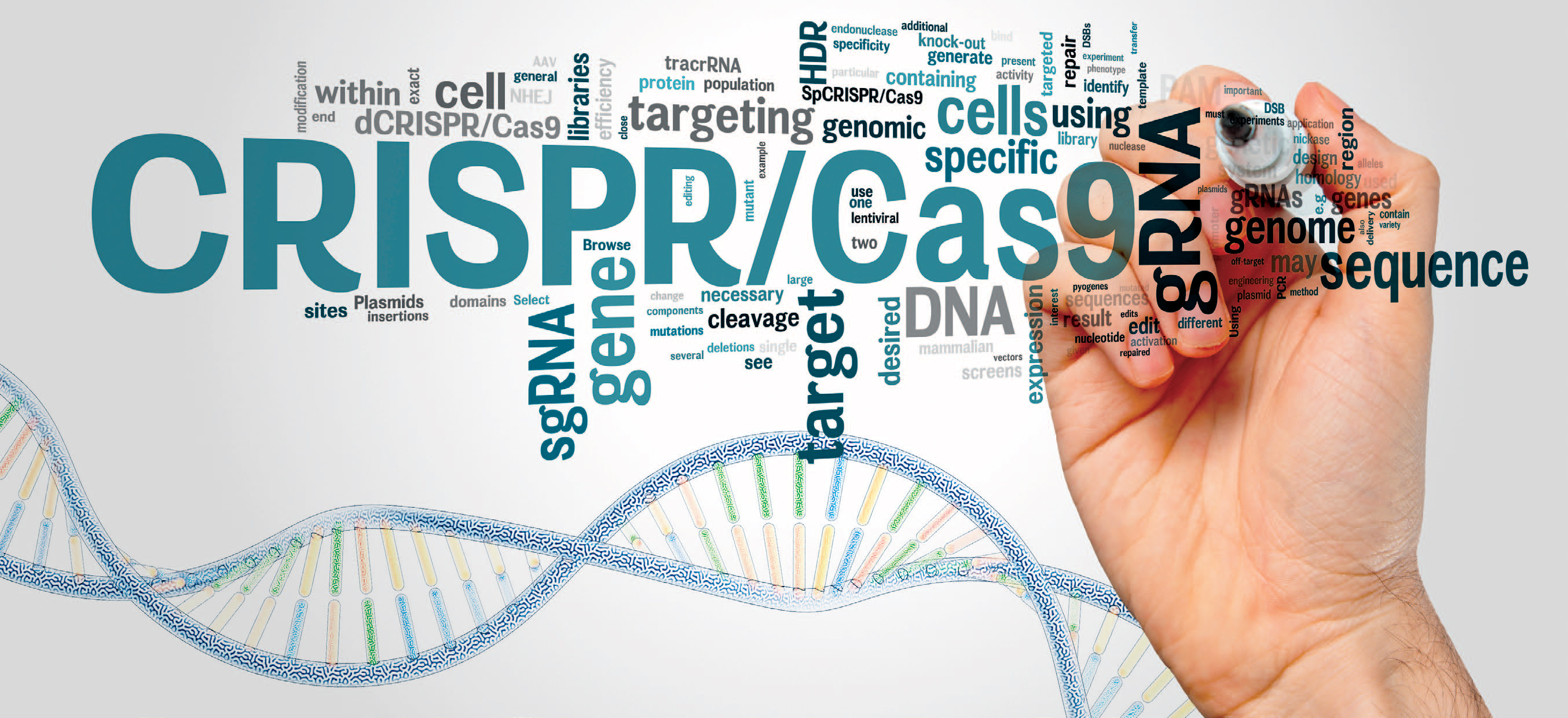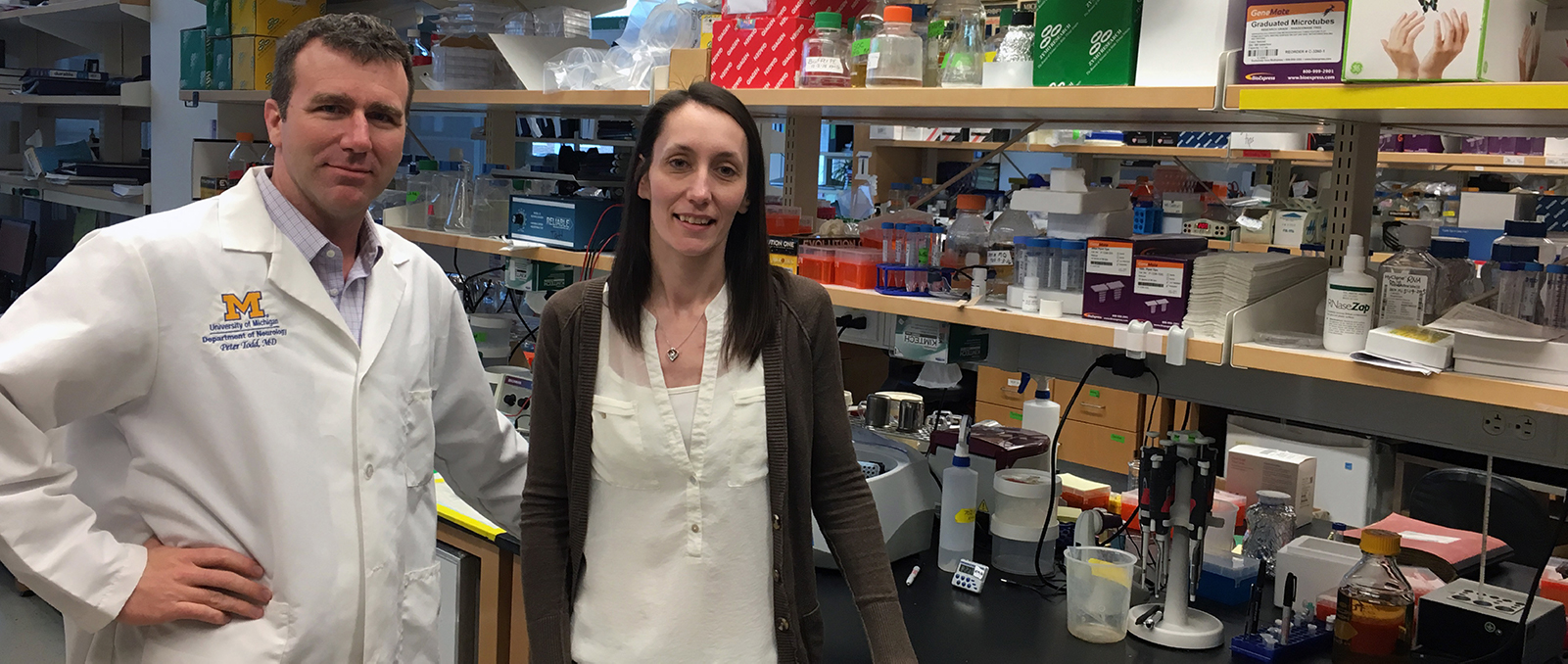Curative Therapies for Fragile X: Advancing Gene and Protein Treatments
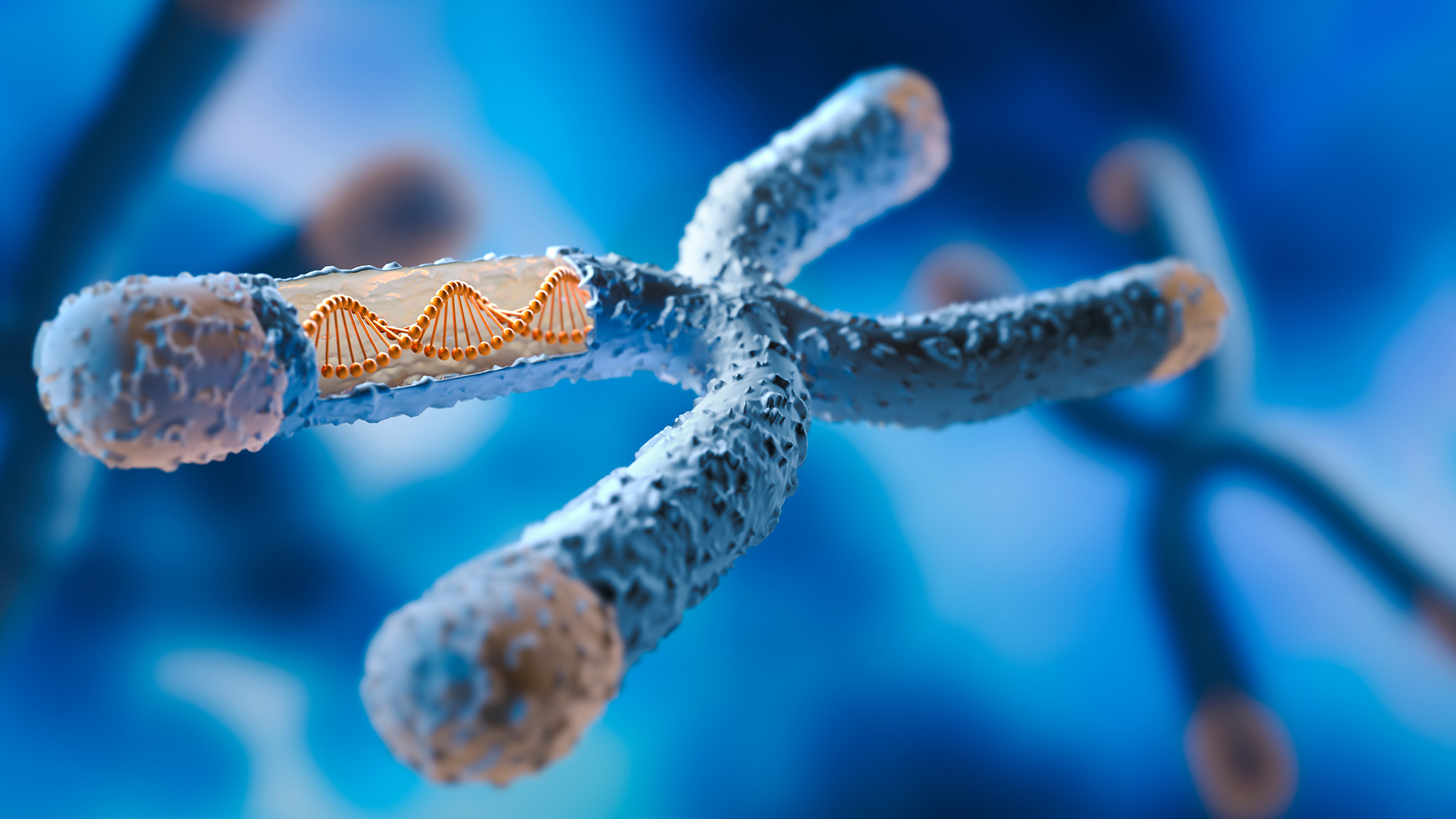
Curative therapies are one of FRAXA’s highest priorities, representing a focused effort to move beyond symptom management and toward lasting change for individuals with Fragile X syndrome.
Gene therapy, gene editing, mRNA delivery, protein replacement, and antisense oligonucleotides (ASOs) are leading the way. These approaches address the underlying cause of Fragile X. They are bold, innovative, and focused on long-term solutions.
This kind of work doesn’t start from zero. Years of FRAXA-funded research have built the foundation. Now, with better tools and deeper understanding, today’s projects are moving faster and with more precision, bringing curative strategies closer to reality.
Funding Opportunities for Researchers
The Curative Therapies Research Program offers flexible grants of up to $100,000 per year, with applications accepted on a rolling basis. There are no rigid structures. Projects can support principal investigators, trainees, supplies, or specialized tools, as long as the focus is clear: developing effective therapies for Fragile X.
Visit the FRAXA Grant Application page to learn more and get started.
Changing the Future of Fragile X
Curative therapies are already reshaping the research landscape in Fragile X syndrome.
By advancing this work, we are helping build a future where effective, durable treatments are within reach.
You can help accelerate this progress. Every donation brings these therapies closer to reality, turning scientific promise into real hope for families living with Fragile X.
Gratitude for the Families Driving Curative Research Forward
We are deeply grateful to the Dailey, Gale, Schatz, Berg, Pierce and Schutz families, whose extraordinary efforts have helped push FRAXA’s curative therapies program forward. These families have not only shared their journeys with Fragile X but have also raised significant funds to accelerate research with the greatest potential for lasting impact.
Collectively, these families have raised over $400,000 to help bring new treatments for Fragile X closer to reality.
Their generosity and determination inspire everything we do. Together, we are moving toward a future where curative treatments — and ultimately a cure — are within reach.
Help Turn Hope Into a Cure for Fragile X

“We’re on the brink of huge breakthroughs. Every donation to FRAXA fuels research that brings us closer to answers for families like ours and offers hope for a future free from Fragile X.”
Erich and Lexie Schutz



